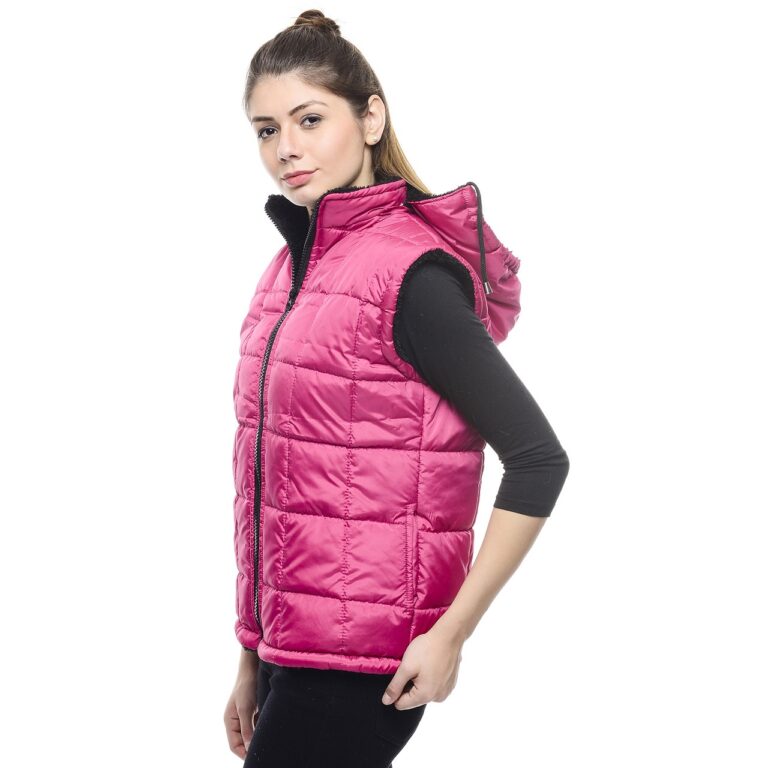Fashion and Sustainable Fashion Advocacy: Working Toward a More Sustainable and Ethical Industry
Fast fashion has significantly contributed to the rise of disposable clothing in today’s consumer culture. The allure of cheap, trendy garments leads to a cycle of rapid production and consumption, resulting in massive waste generation and environmental harm. This industry places a heavy emphasis on quick turnover and low prices, often at the expense of ethical manufacturing practices and garment quality.
The Environmental Impact of the Fashion Industry
The fashion industry is renowned for its high levels of consumption and waste production. From the vast amounts of water and energy required for textile production to the massive quantities of clothing ending up in landfills, the environmental impact of the fashion industry is undeniable.
Furthermore, the use of toxic chemicals in dyeing and finishing processes poses a significant threat to our ecosystems and human health. These hazardous substances not only pollute water sources but also contribute to air pollution, thus exacerbating the industry’s environmental footprint.
Ethical Considerations in Clothing Production
When it comes to clothing production, ethical considerations play a crucial role in securing the well-being of both the environment and the workers involved in the process. Without ethical guidelines in place, the fashion industry can turn into a breeding ground for exploitation and harm.
From sweatshop labor to unsafe working conditions and minimal wages, the lack of ethical considerations in clothing production can have detrimental effects on the lives of garment workers worldwide. By prioritizing ethical practices in the manufacturing and sourcing of clothing, companies can work towards a more sustainable and socially responsible future for the fashion industry.
Ethical considerations in clothing production help protect the rights and safety of garment workers
Without ethical guidelines, workers may face exploitation, unsafe conditions, and low wages
Prioritizing ethical practices can lead to a more sustainable and socially responsible fashion industry
What is fast fashion and why is it a problem?
Fast fashion refers to the trend of rapidly producing and selling inexpensive clothing, often at the cost of worker exploitation, environmental damage, and poor quality garments that contribute to waste.
What are some examples of ethical considerations in clothing production?
Ethical considerations in clothing production include ensuring fair wages and working conditions for garment workers, using sustainable and eco-friendly materials, minimizing waste and pollution, and promoting transparency in the supply chain.
How does the fashion industry impact the environment?
The fashion industry is known for its significant environmental impact, including high water and energy consumption, pollution from chemical dyes and treatments, deforestation for materials like cotton, and the generation of large amounts of textile waste.
What can consumers do to support ethical clothing production?
Consumers can support ethical clothing production by choosing to buy from brands that prioritize sustainability and ethical practices, shopping second-hand or vintage clothing, reducing overall consumption, and advocating for transparency and accountability in the fashion industry.







